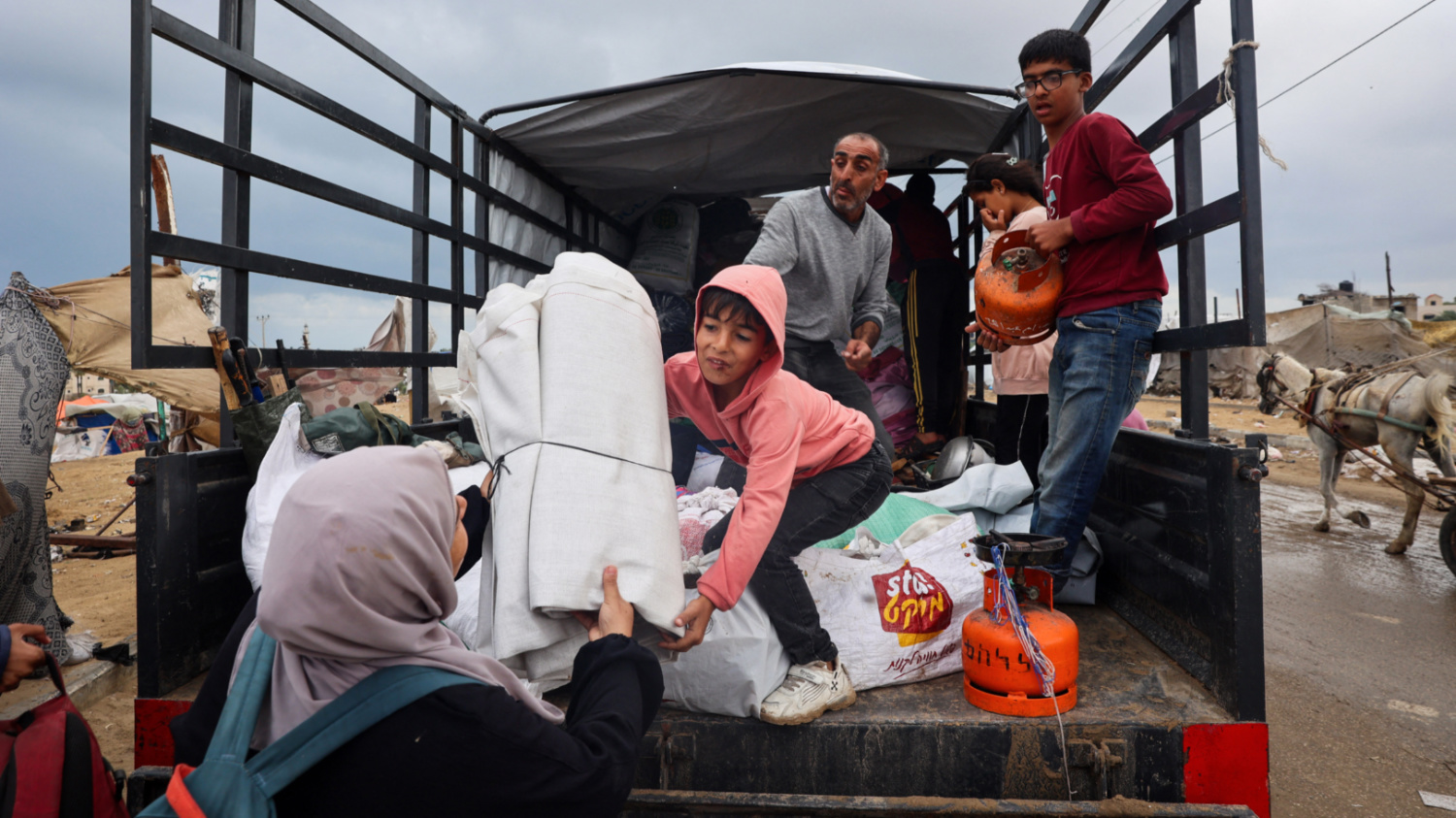Border crossing closures bring risk of a 'health crisis' to Gaza

Displaced people from Rafah to other areas in southern and central Gaza worry the closure of the Rafah crossing and the lack of aid coming through the Karem Abu Salem crossing may bring them to a new heatlh crisis.
"Some other items such as potatoes and other vegetables are now completely unavailable, and have been for over a week," Ahmed Abu Aziz in Khan Younis, southern Gaza, told Middle East Eye. "We are also talking about essential foodstuffs and aid that used to enter the Gaza Strip through the Rafah crossing or even the Karem Abu Salem crossing. These foodstuffs have not entered [again] until now."
Abu Aziz says the bigger crisis may hit people in a week or so, as the aid brought in by people who escaped Rafah would have been depleted.
"In general, there is now a lack of foodstuffs in the markets," he added. "We are talking about the areas al-Tayara, al-Alam, al-Awda and al-Attar, in which foodstuffs have become very few and rare with very high prices.
"One kilogram of sugar that used to cost 12-13 ($3.2-3.5) shekels now costs 95 shekels ($25.5)."
Abu Aziz adds that aid trucks have been unable to reach Rafah or Khan Younis since the beginning of Israel's offensive on eastern Rafah last week.
"There is [also] a lack of fresh water," he says. "The al-Yassin water station, which was present in al-Sultan in the west of Rafah city, used to distribute water to hundreds of thousands of people for free. Now, it is in one of the targeted areas which are being evacuated by citizens heading to Khan Younis and Dear al-Balah."
Abu Aziz says the areas civilians are fleeing towards do not have fresh water access, and only have salted water which has not been properly filtered out.
"This could lead to a health crisis that ravages infects the citizens in Khan Younis and the central areas."


